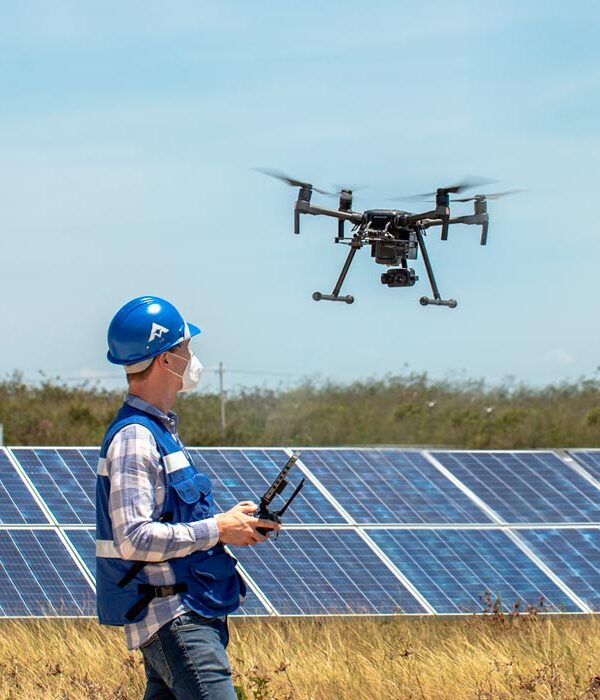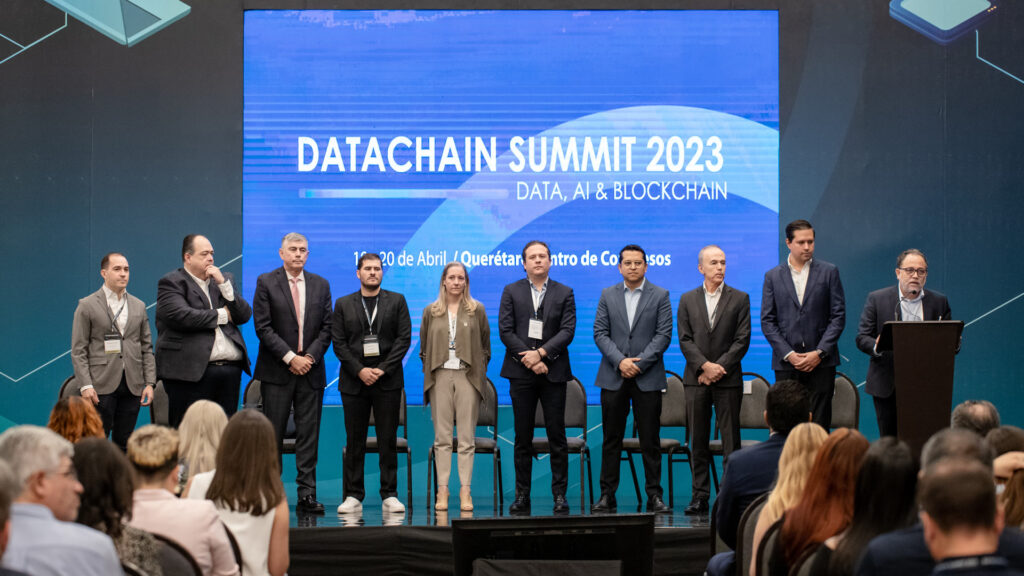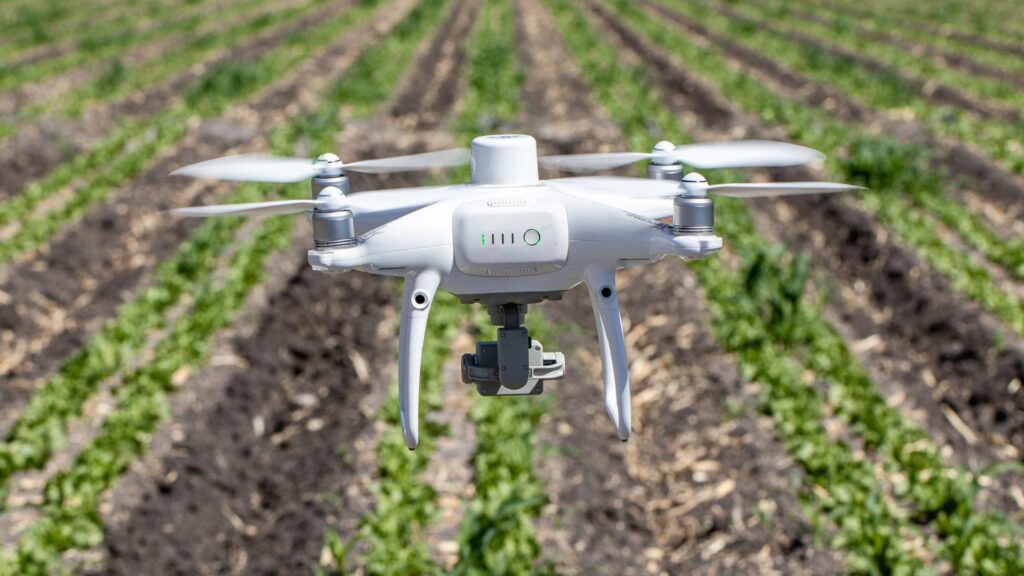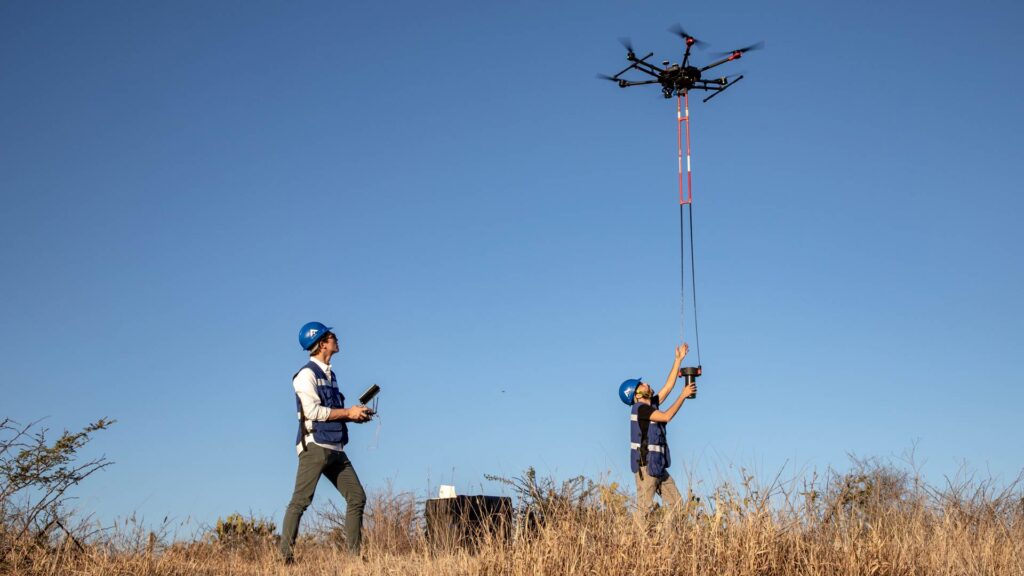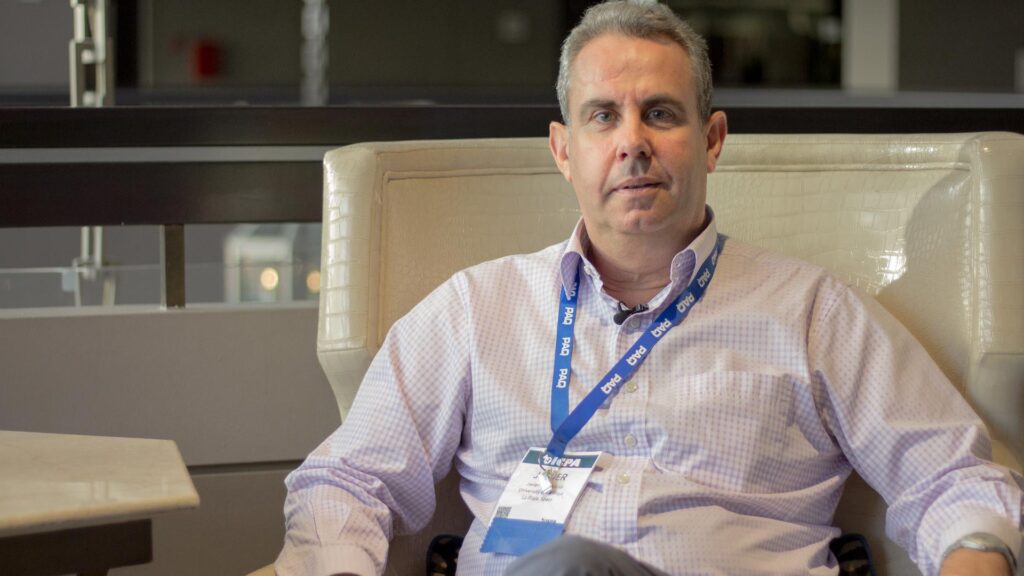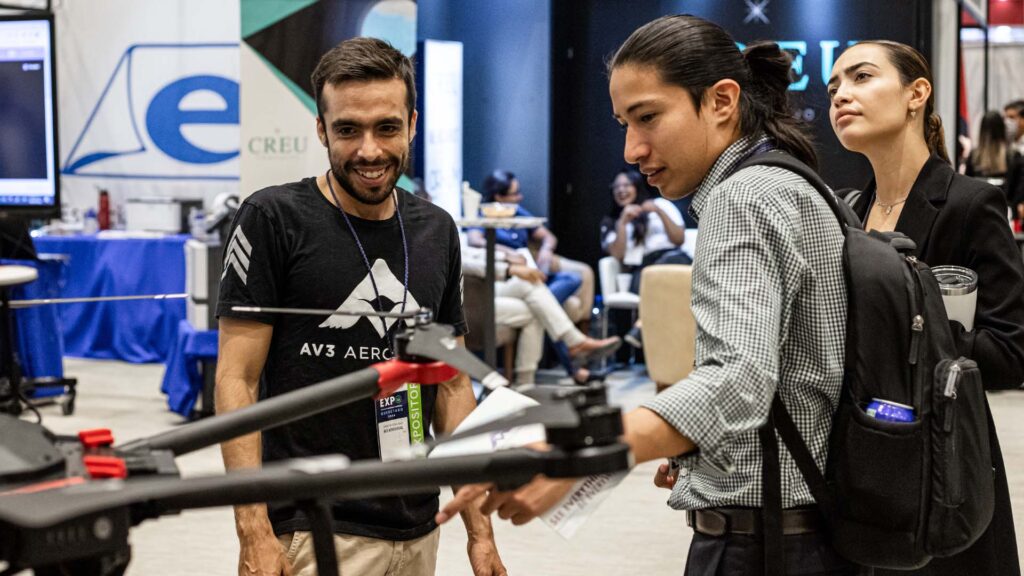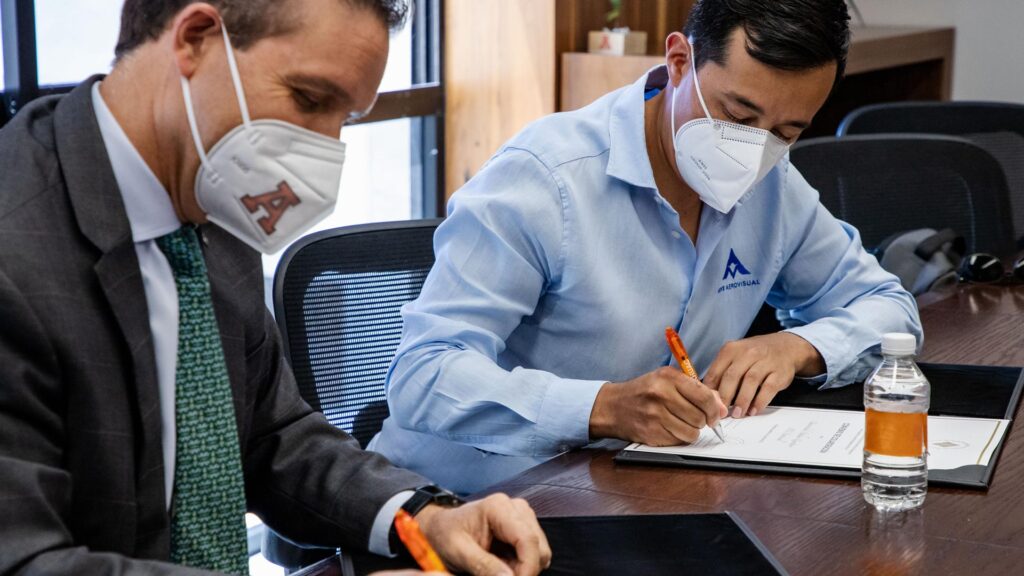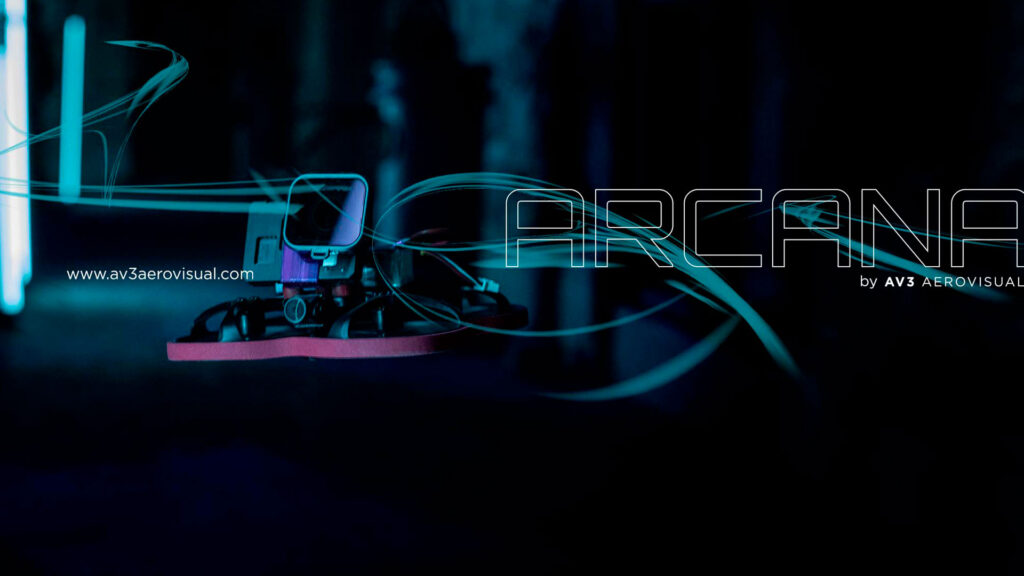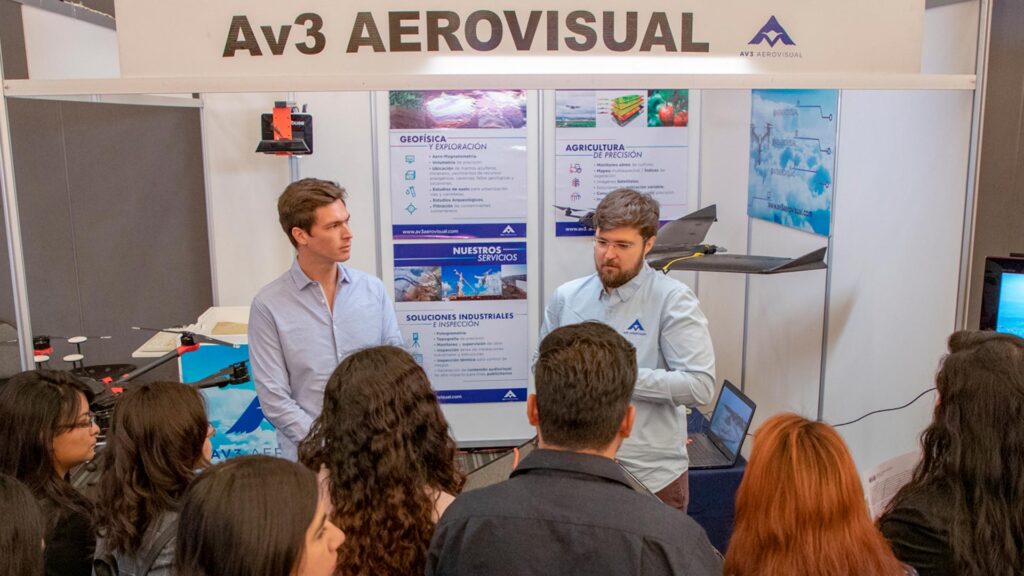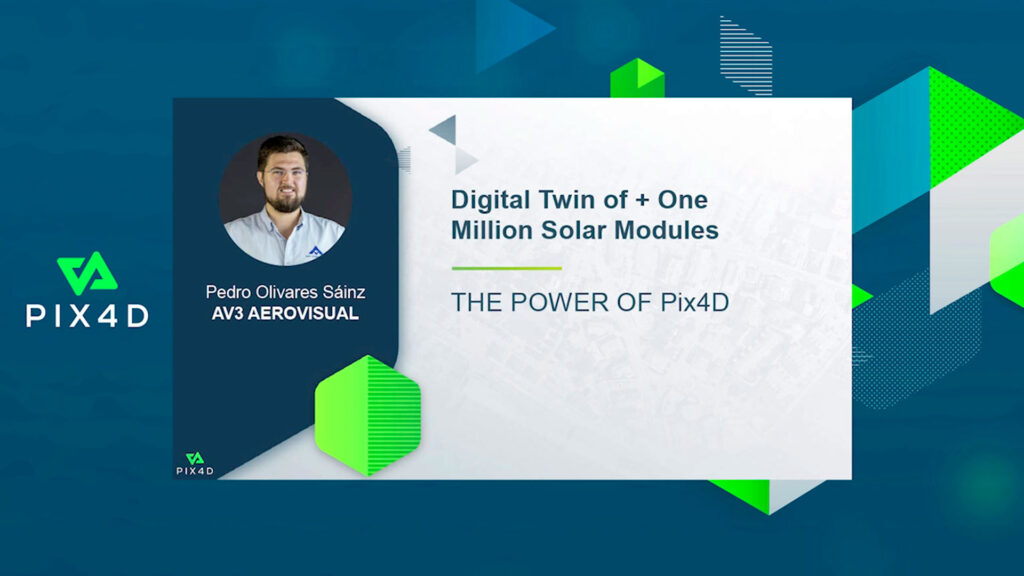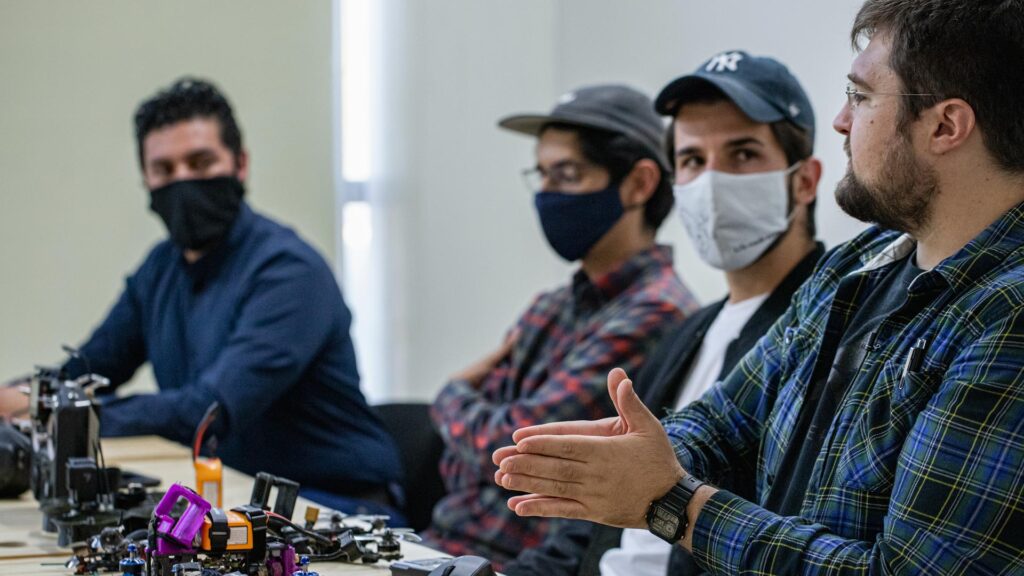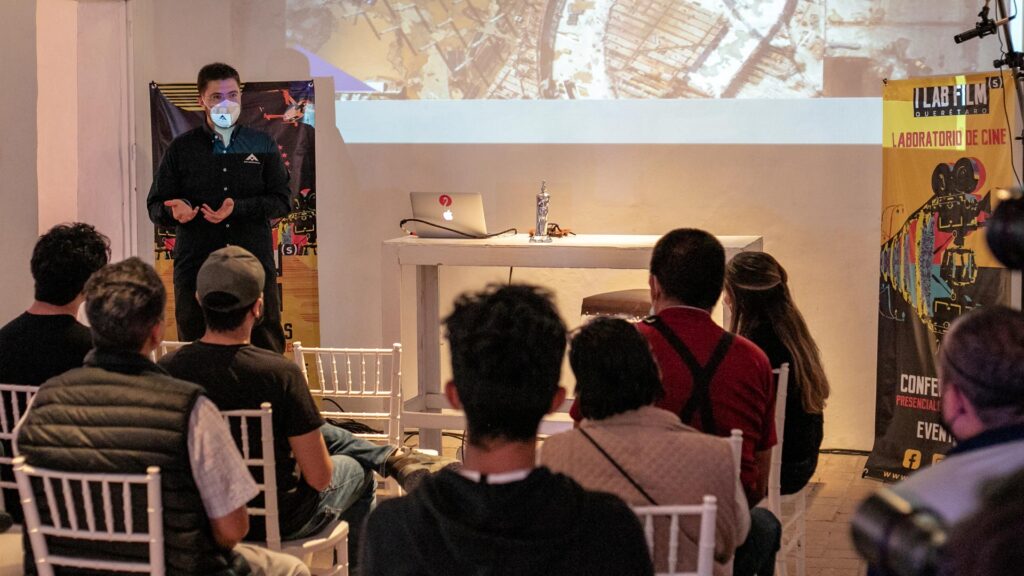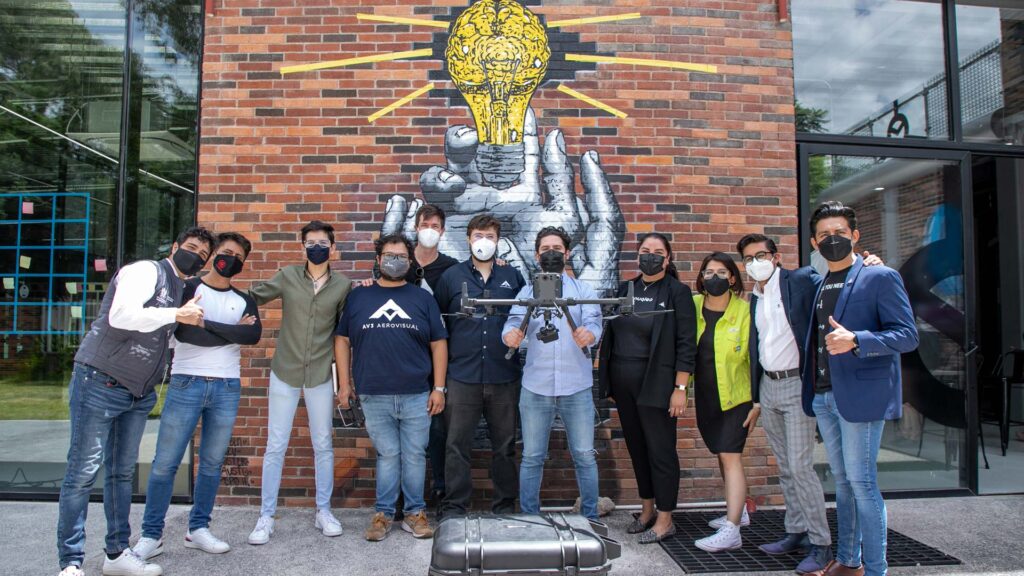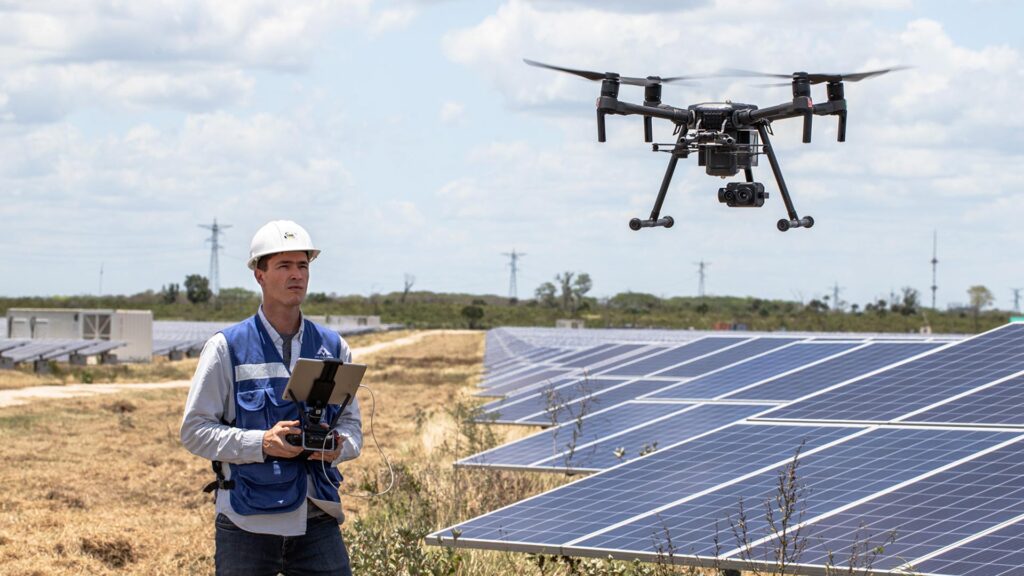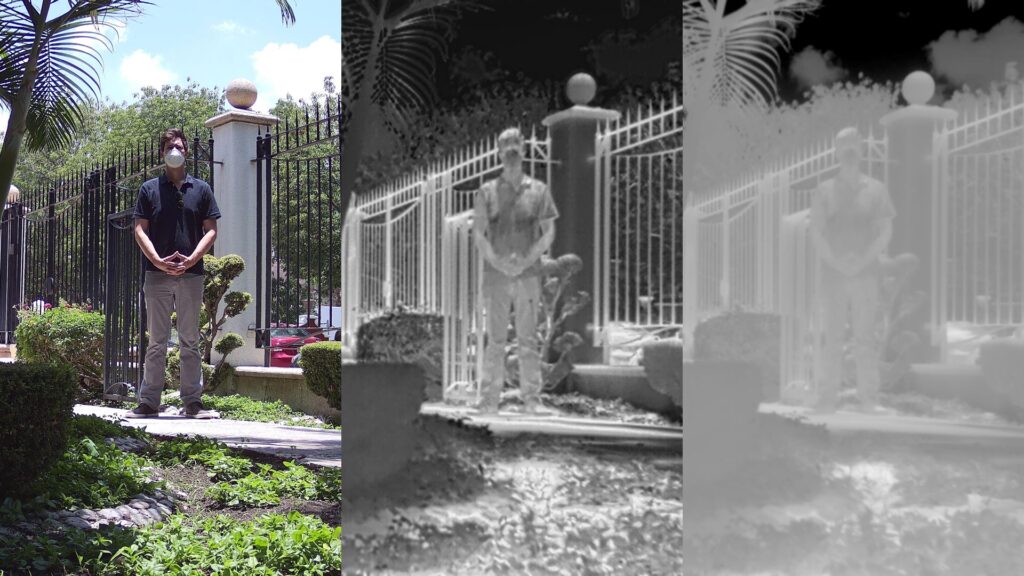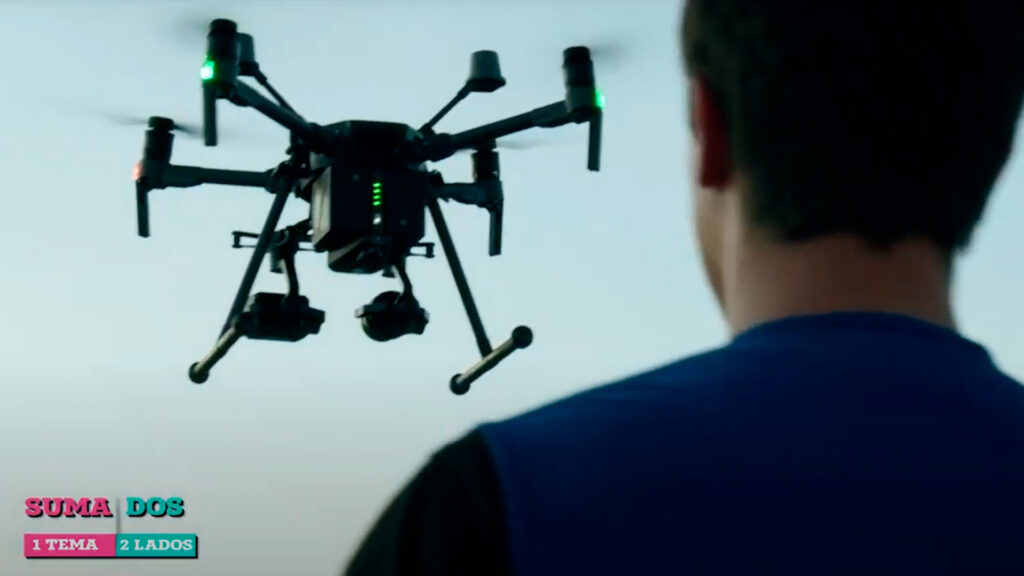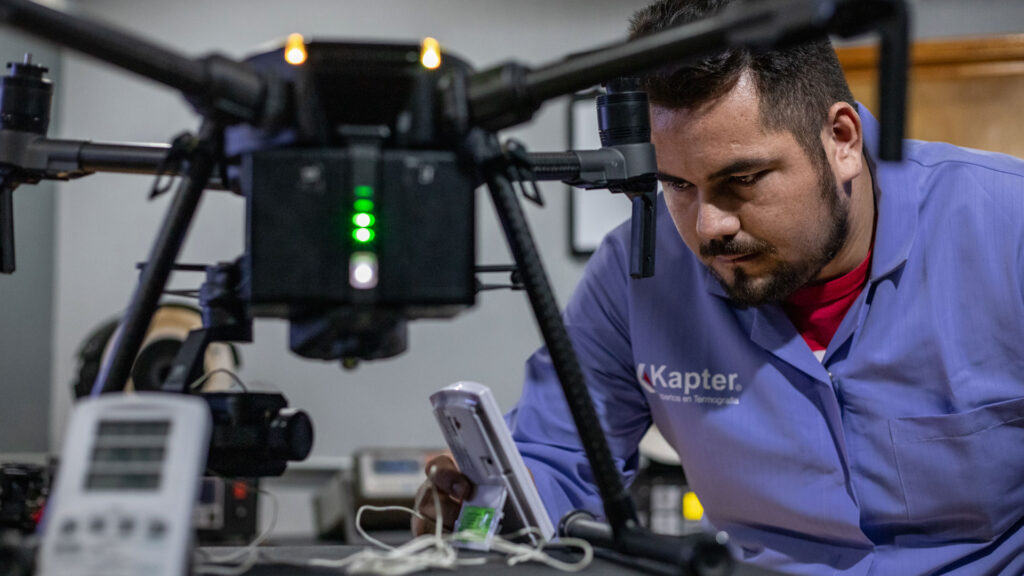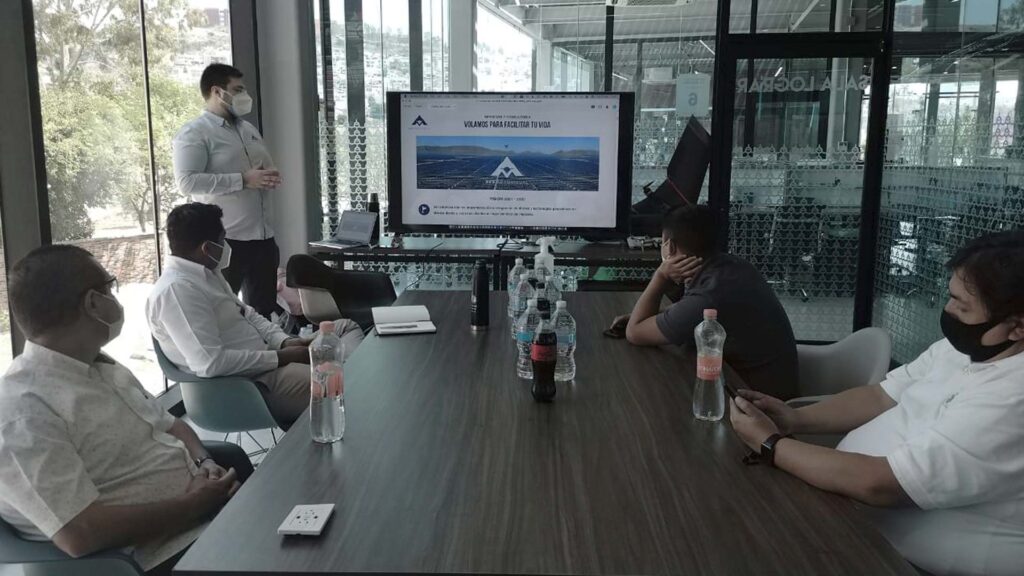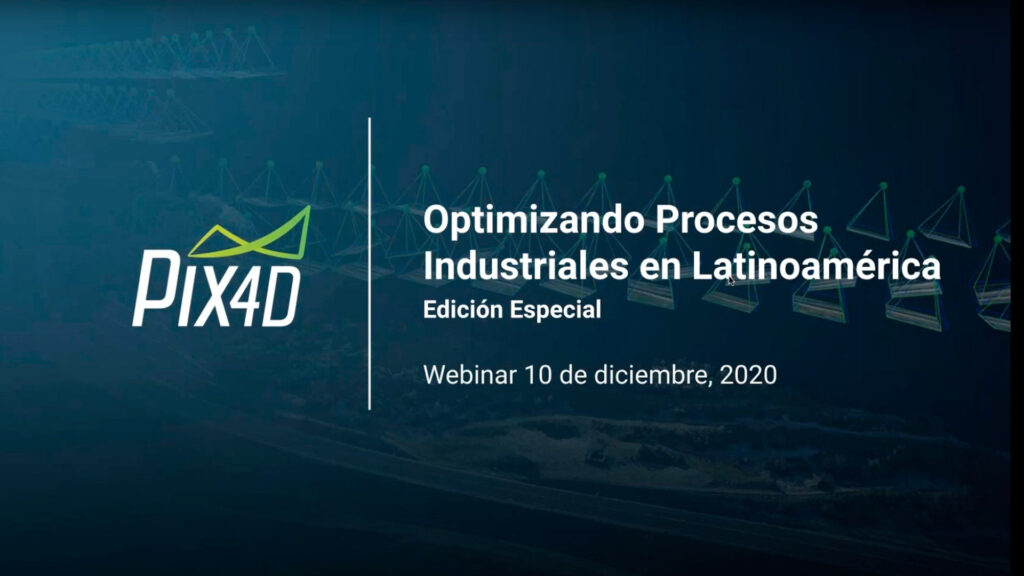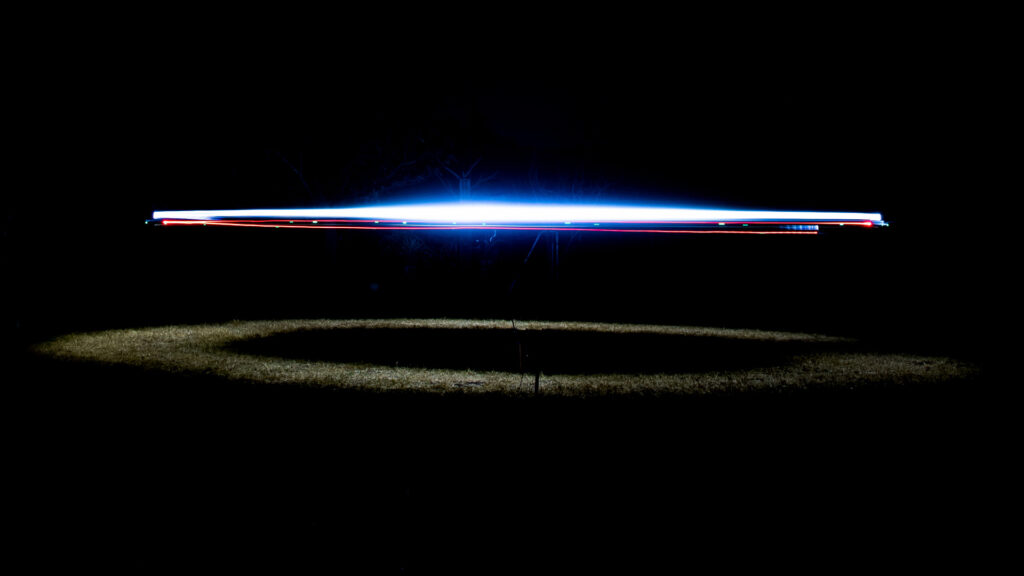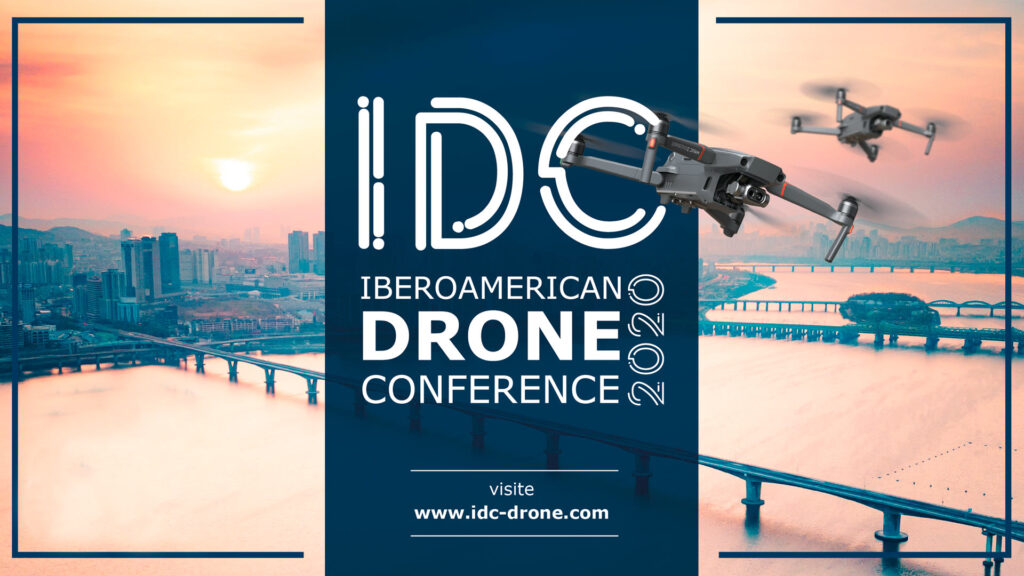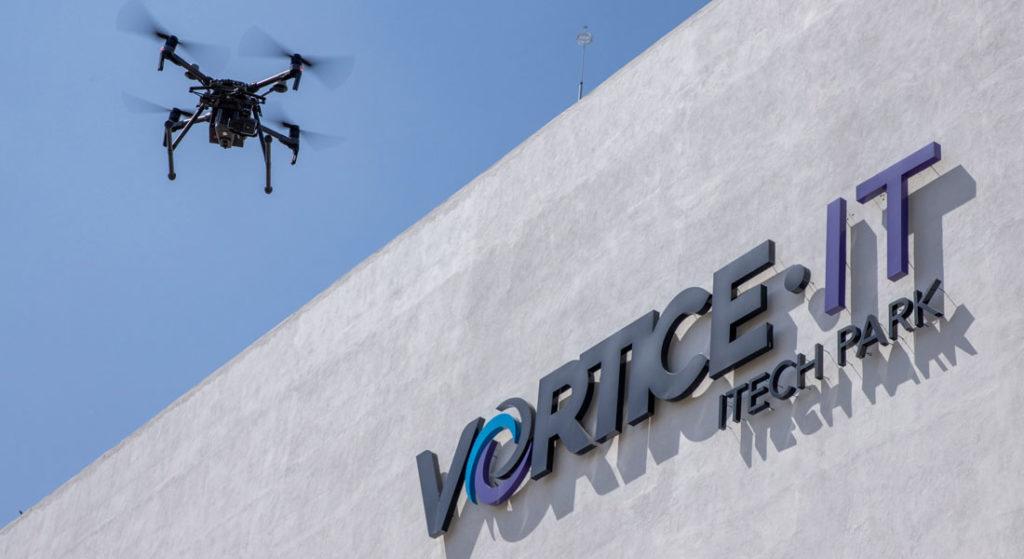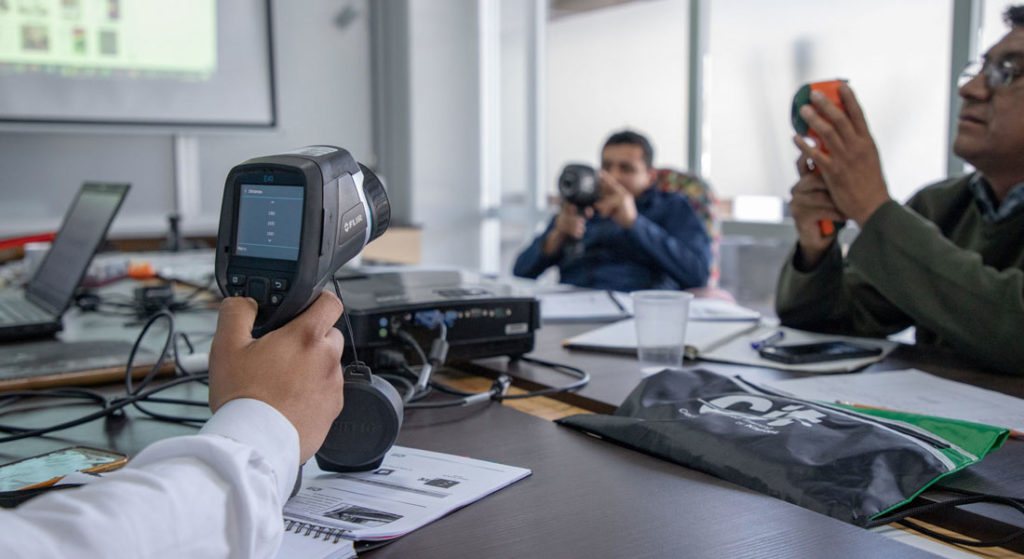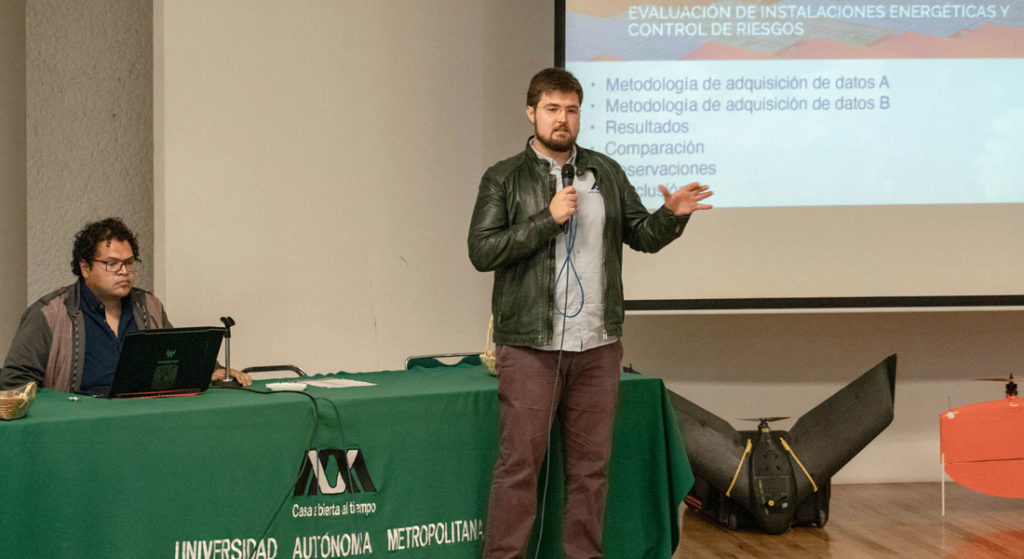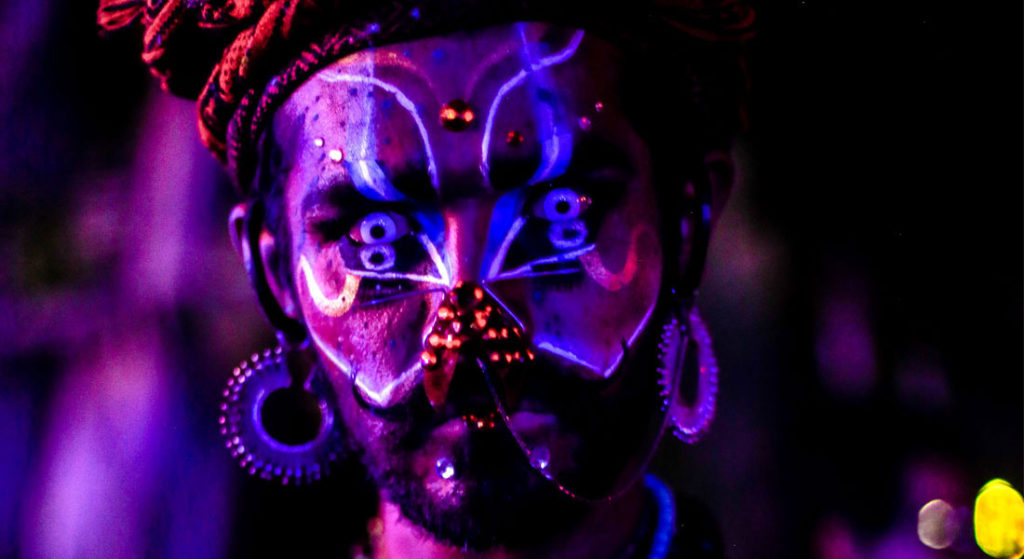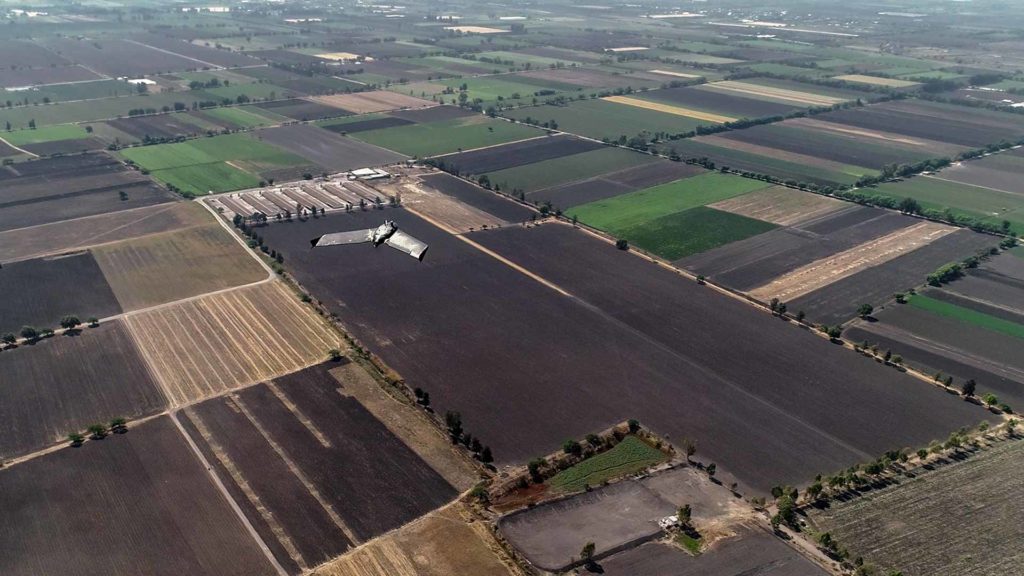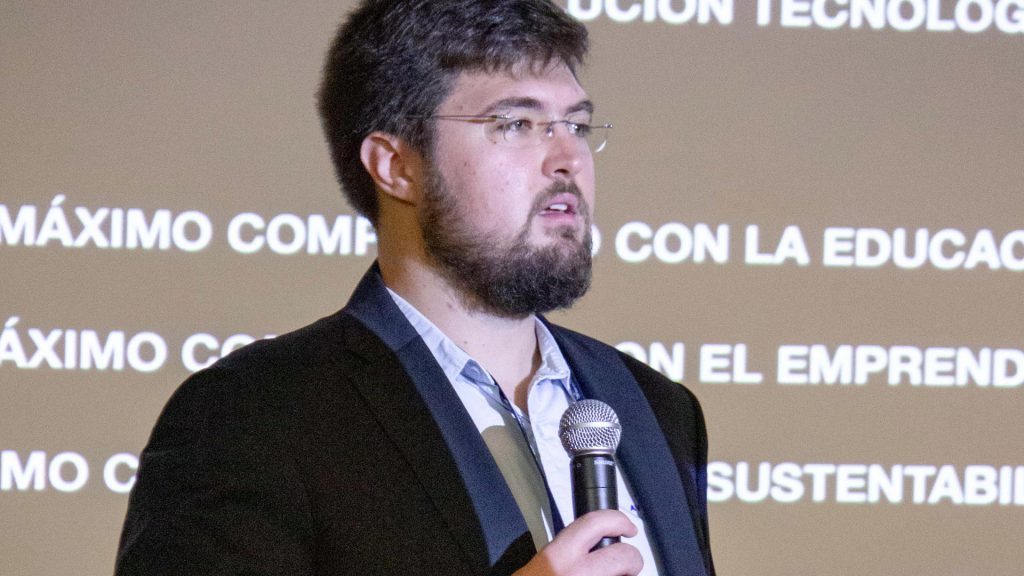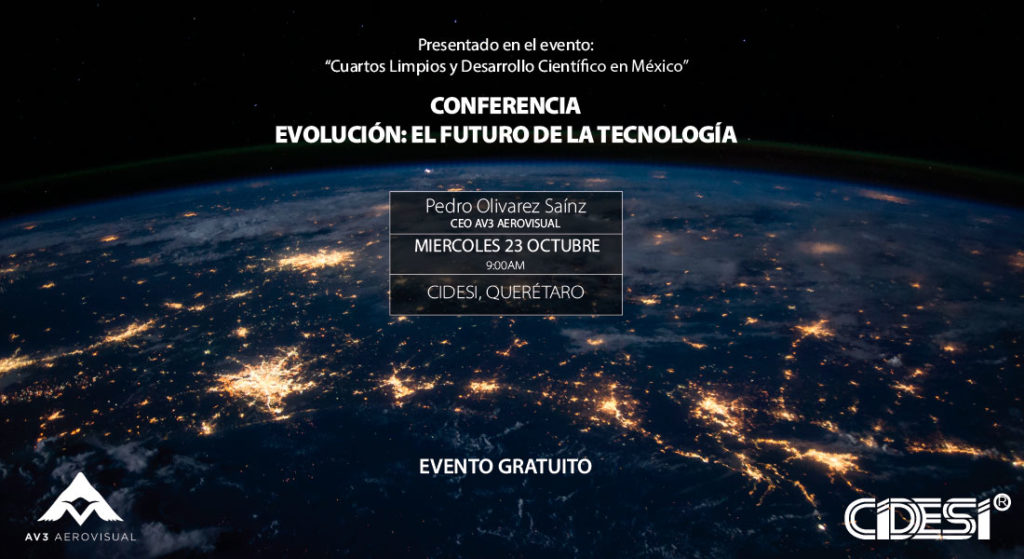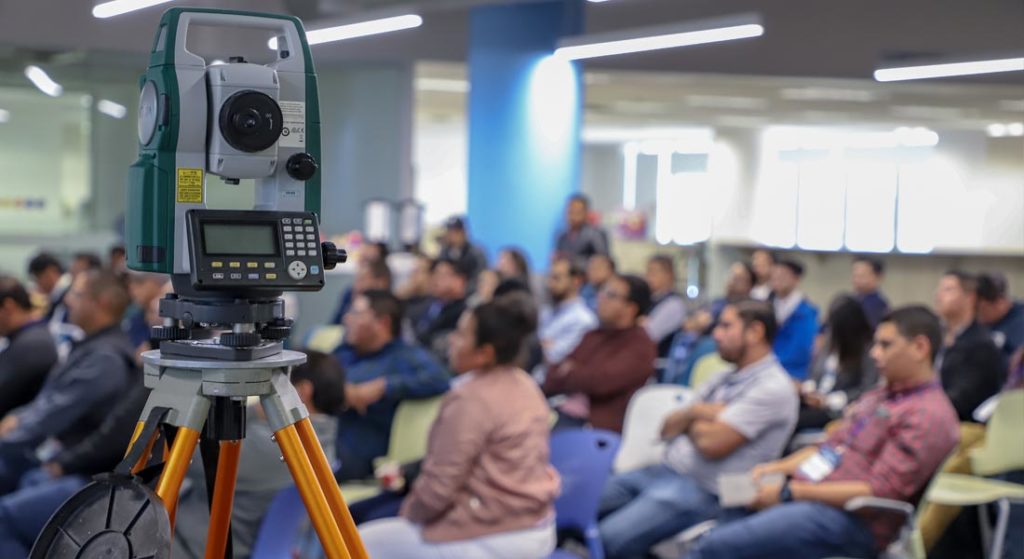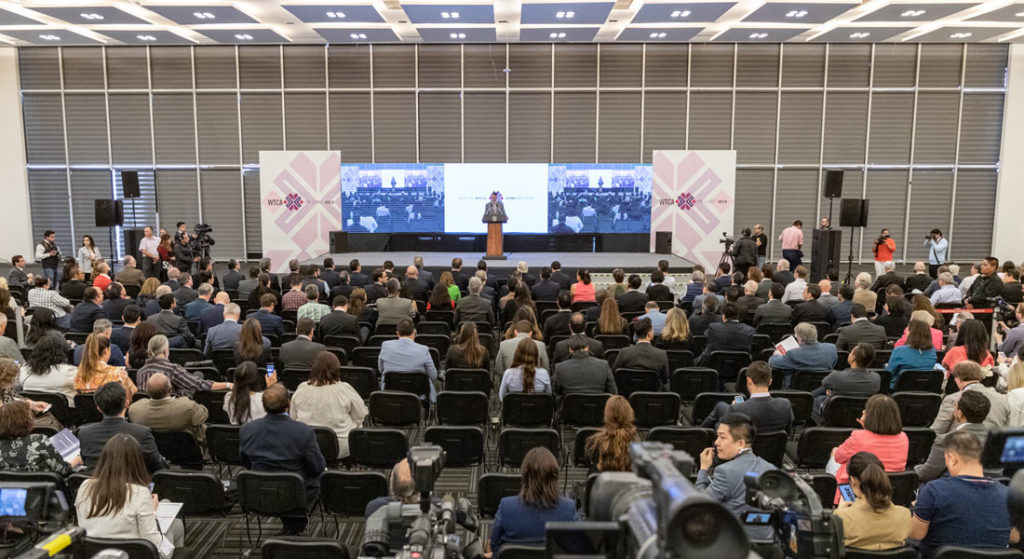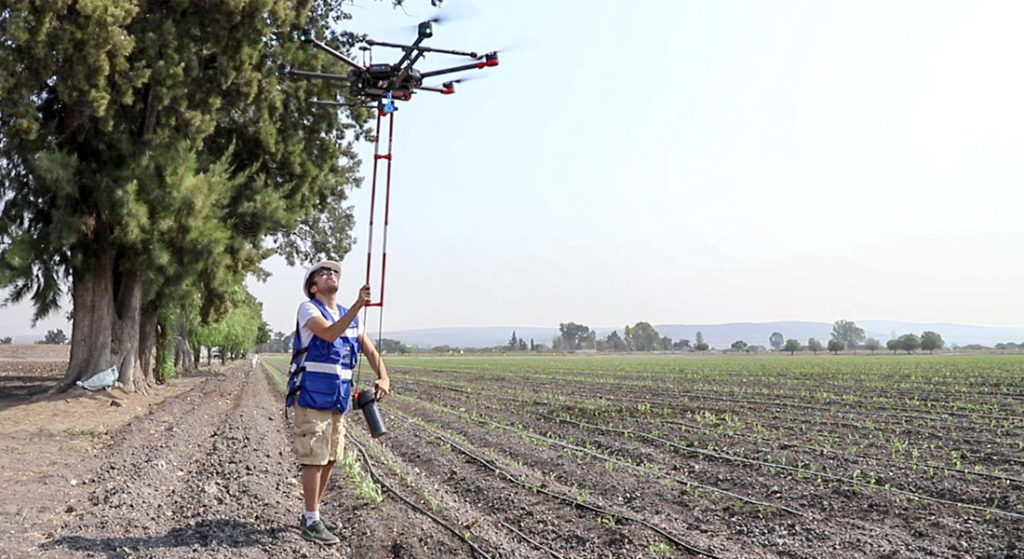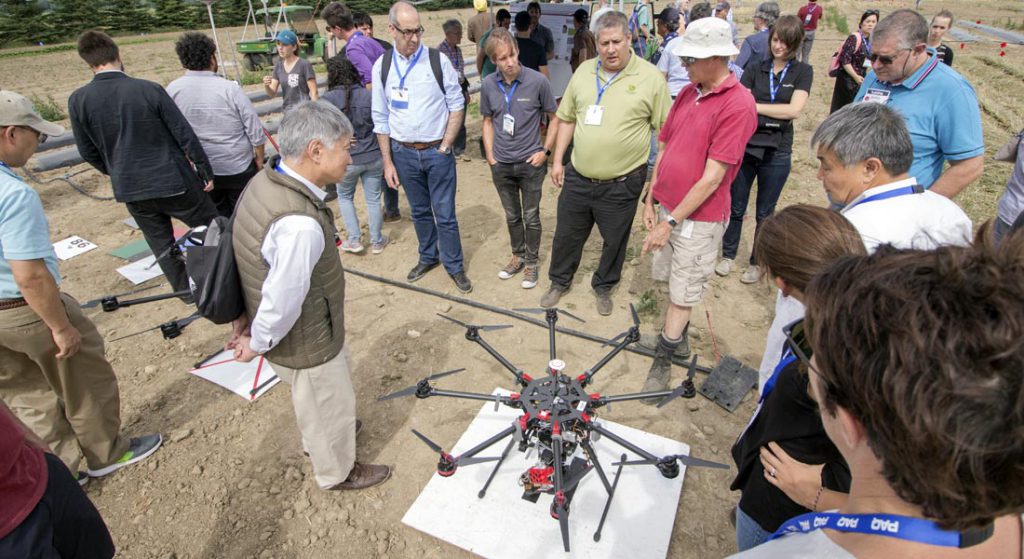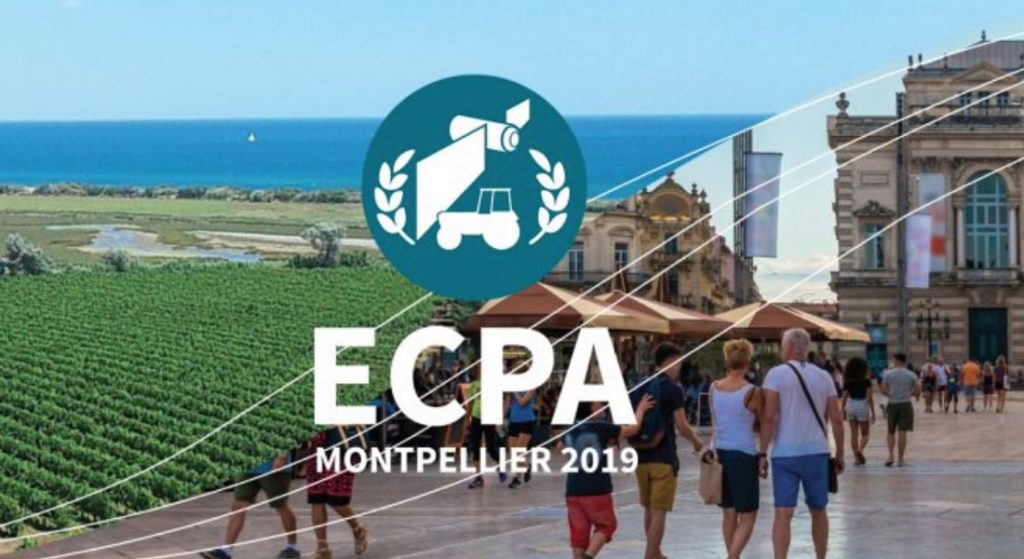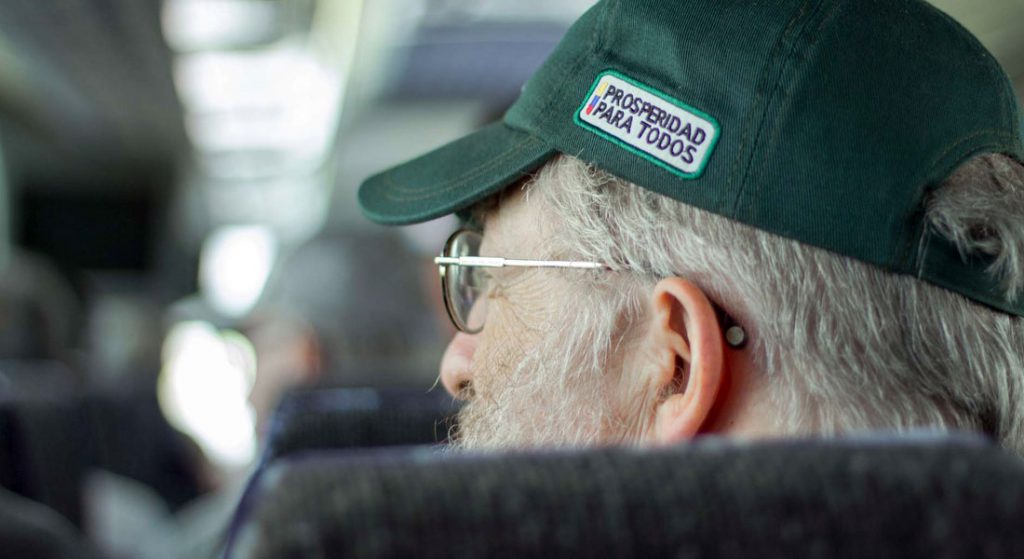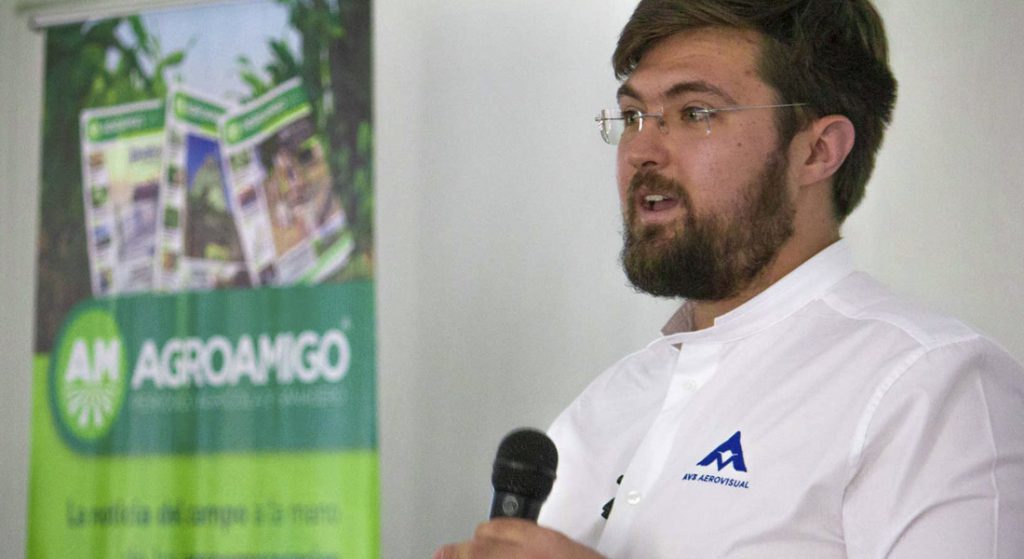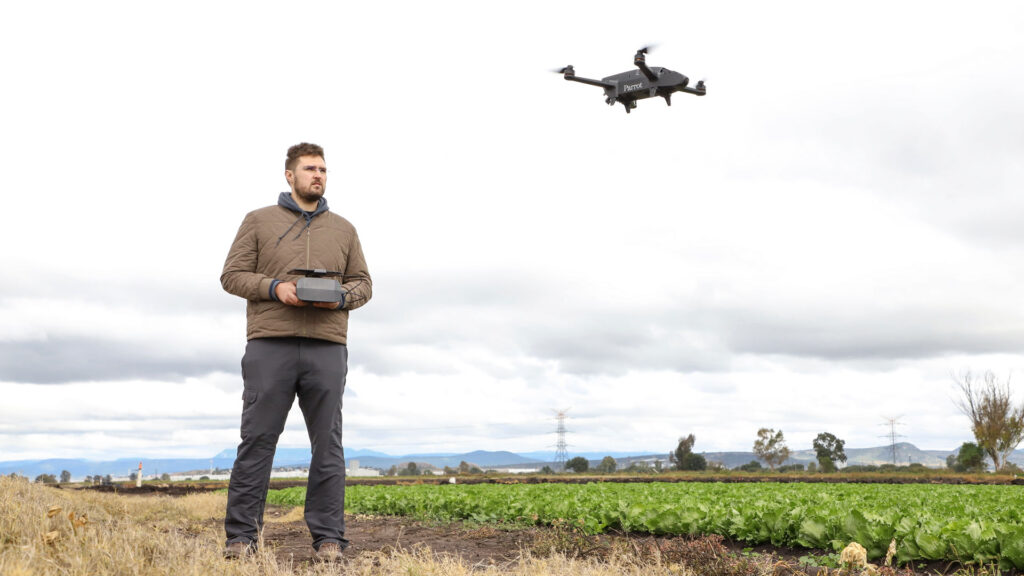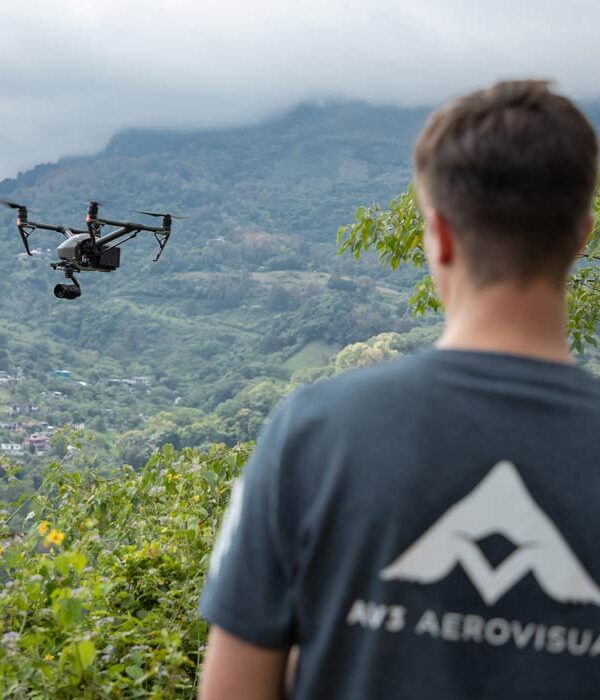
Adaptation and skills development are crucial for digital transformation.
The current scenario is forcing us to have a deep reflection on the system we are living in and the ways in which we have evolved. The digital transformation is taking a new meaning and direction with the arrival of the Covid 19 pandemic, and with it, the changes that were believed to occur in 30 years which are now expected to happen in this decade. This is the context that the conversation around education and work is essential, not only to identify the skills and capabilities required to adapt to the transformations that are and will be taking place, but also as an urgent need that encourages action across all sectors of society to transcend jointly and without excluding anyone.
Based on this new normality and in order to promote a dialogue that will add value to the discussion of these topics, last Tuesday, July 28th, 2020, the virtual forum “Education: Professions of the Future” was held, organized by Vórtice It Clúster Querétaro through the Designio initiative, the first Think Tank for innovation and technological development in Querétaro. The panelists are Dolores Cabrera Muñoz, former Dean of the Universidad Autónoma de Querétaro; Carlos Heinz Dobler, Secretary of Agricultural Development of the state of Querétaro; Víctor Castaño Meneses, Assistant Director of Prospective and Strategic Projects of the UNAM, and Pedro Olivares Sáinz, Commercial Director AV3 AEROVISUAL; addressed the central subjects of the forum with specific participation: Digital transformation, professions of the future, education, labor and business fields, new types of relationships, future and culture.
In his welcome speech the President of Vórtice IT Clúster Querétaro, Jorge Alfredo Buitrón Arreola, said that it is time for citizens to set their goals for the future, and by doing so, enforce those goals through public policy.
Bernardo Buitrón Rosainz, General Director of Vórtice IT and moderator of the forum, highlighted that with this event and after two years of work, the public policy group of the cluster is officially established with the creation of the first Think Tank in Querétaro. Designio, according to Bernardo Buitrón, is a body of study, work and specialized consultation, which seeks to promote laws for the benefit of strategic sectors in Querétaro and society in general, through the implementation of responsible technology.
Designio emerges as an eventual need to analyze and reflect on the phenomenon of the so-called fourth industrial revolution, to identify the professional trends in the context of the digital transformation, as well as the skills, knowledge and abilities that we must develop in the light of this transformation.
Given the importance that this represents and the value of the opinions expressed by the panelists, we share below the summary of the forum “Education: Professions of the Future”.
What is digital transformation?

Víctor Castaño Meneses Ph.D. in Physics, believes that the digital revolution that we are experiencing, accelerated by the phenomenon of the pandemic, besides representing important technological advances, also means a fundamental social change throughout the world and at all levels. He also pointed out how this situation has made a more obvious gap between those who have the means to access the digital era and those who do not.
Taking up the idea of how migration has been one of the most conflictive events in the history of humanity, the physicist considered that we are experiencing a global clash between digital immigrants and digital natives, and with it a series of important social and economic changes.
According to Dolores Cabrera, the digital transformation is a change that has occurred in a systematic way and that is modifying the power structures. This change is even affecting the way human relations are expressed, whether between individuals or nations.
For Pedro Olivares Sáinz, the digital transformation is a consequence of our evolutionary process and history, a natural transformation in which acquiring and developing skills is decisive. This context, from the perspective of the Commercial Director of AV3 AEROVISUAL, represents a great opportunity for adaptation in all areas.
In the perspective of the Secretary of the Agricultural Development Secretariat of the State of Querétaro, Carlos Heinz Dobler, this transformation represents a new way to access information, which in contrast to other times, the present moment is characterized by the diversification of information sources, the amount of information generated, and especially the way it is used.
New professions

According to Carlos Heinz Dobler, the new profile in the agricultural sector is the agri-food producer; someone who, in addition to producing the food, can bring it to the consumer’s table and at the same time, accomplish the logistics and health measures that this implies; in addition to responding to the new health and lifestyle needs demanded by the market. Unlike some of the panelists, the also Master in Science and Animal Production, considered that the digital transformation is opening up development and employment opportunities in the agricultural sector, mainly in areas of specialization, where the use of sensors, drones and satellite images are already part of the new way of doing agriculture.
With over forty years working as a teacher, Victor Castaño considered that we are living a disruptive moment, where the value of studies or specialized knowledge, is being displaced by a new scenario where skills such as innovation, adaptation and teamwork, will be decisive for the integration of individuals in the work environment of the digital transformation. However, he added that certification will be an essential part in order to stand out in the labor field, which currently represents a very serious challenge for Mexico.
In relation to the field of data science and artificial intelligence, Pedro Olivares mentioned that Big Data is already present in many of the activities we do. In his presentation, the graduate in International Business from Tec de Monterrey mentioned that the value of information, even that which could be discriminated against, is very useful for decision making. In this sense, data science has been positioned as one of the most important careers for the benefit of many areas of knowledge and industry, from computers to agriculture. The scenario of artificial intelligence is no different, in Olivares Sáinz’s perspective; this technological advance will become a pillar of future social structures.
For the Master of Science Dolores Cabrera Muñoz, and regardless of the digital transformation, there are skills that are essential to human development and the result of an educational process that allows people to integrate into society. For the former Executive Secretary of the State Commission on Human Rights, communication skills, calculation skills, the command of one’s own language and a foreign language, as well as digital literacy skills are required today. The digital gap, in Dolores Cabrera’s vision, is generating forms of exclusion therefore, digital change must have an ethical dimension. In the case of Mexico, it will be a long road if we consider that, according to the INEGI, only 23% of workers can do their work from home.
For the former Rector of the UAQ, it is important to differentiate between online education and remote content streaming, since the digital gap on this specific point has exposed the need to initiate a process of training teachers for the acquisition of new skills.
Education

In Dolores Cabrera’s vision, the notion of education must have a purpose, regardless of the digital transformation. However, this transformation should avoid forms of exclusion especially in the field of education considering that only about 50% of Mexican families have access to the Internet. Therefore, it is necessary to have a clear strategy in the country to carry out the digital transformation, and it is necessary that someone leads it and takes over.
According to Dolores Cabrera, one of the biggest challenges is how to transform information into knowledge. It is required to develop the necessary skills to analyze the information, discern and make it known.
Carlos Heinz Dobler believes that today we have to educate in such a way that the new generations can solve problems that do not exist today, which requires a continuous learning process, as well as the development of new skills to learn how to do things in a different and innovative way.
In response to a question from the audience on the subject of regenerative agriculture and the role that technology plays in achieving this transition, the State Secretary for Agricultural Development considered that technological implementation is a key factor in achieving this change.
Pedro Olivares emphasized that pedagogy should be focused on values, rescuing empathy and social collaboration through ethics, as well as on cultivating in individuals an interest in other relevant issues such as health care and the development of creativity. In this respect and with equal importance to critical thinking, the understanding of the scientific method, engineering and mathematics, the Commercial Director of AV3 AEROVISUAL warned that arts and their different expressions should not be overlooked as an essential part of the skills that we all have to develop in the face of this transformation, since by doing so, it will be possible to develop the self-learning and specialization techniques that will be required in the future.
As a conclusion to the chapter on education, VíctorCastaño stated that the key word in this area is: access. On one hand, preparing students to acquire technical skills such as mathematics, physics and science, as well as social skills such as oral and written communication, and making the technological infrastructure available.
Labor

For Pedro Olivares, the new concept of work should transcend the idea of doing it to satisfy an economic need towards a vital activity for the human being. In his opinion, the new generations are questioning even more if the traditional labor model really works and therefore, they are deciding what to do, how and where. Also, activities such as self-employment or freelancing are being revalued even in business environments.
Pedro Olivares, who is also Mexico’s representative for the International Association of Precision Agriculture, stated that as strange as it may seem the future of work is a combination of agriculture, health and video games.
Jorge Alfredo Buitrón Arreola, President of Vórtice IT, believes that the change in the field of information technologies has been well accepted as an opportunity. In his opinion, the way to avoid unemployment is through access and preparation, since future demand will be determined by capabilities. As an entrepreneur, Buitrón Arreola looks out for human talent with self-taught skills to master new technologies.
He acknowledges that with their creative capacity, initiative to start up and to collaborate, new generations are redefining the meaning of work in the labor field, leaving behind the narrow concept of work as being hired by a company.
He recognizes that with their creative capacity, initiative to start up and to collaborate, new generations have made it clear that the labor field is no longer exclusive to working for companies.
Mentioning a study conducted by the International Labor Organization which warned since 2010 about possible scenarios of working life in 2050, where most of the world’s population will no longer have a job as we conceive it today, Dr. Victor Castaño Meneses stressed that the pandemic is accelerating this process, so it is crucial to create mechanisms to avoid the gap or possible conflict between natives and digital migrants. This context, in Castaño Meneses’ perspective, is an unprecedented circumstance and he considered that we are not prepared from a social and personal point of view.
Dr Meneses also pointed out the phenomenon of the aging population means another challenge that will have to be addressed when talking about the future of work; a future in which the 60 year olds will no longer be considered in the elderly group, and who will most likely have to continue being productive despite their physical and mental limitations.
From an educator’s point of view Dolores Cabrera stated that technological tools will be efficient if teachers are allowed to develop didactic and pedagogical resources so that children have access to different possibilities of content, as well as being capable of explaining ideas and concepts. Upon the sudden change in the educational model due to the pandemic, and the reality of education that our country was already experiencing, she emphasized that the basic problems must be solved if we want to transition to the digital era successfully, without delays or gaps that put both students and teachers at a disadvantage.
Business
According to Dolores Cabrera in the business field, it is necessary to ensure the access to knowledge and technological tools, requiring a structural change of the organizations that promotes collaborative work, greater participation of young people and the generation of public policies that lead a comprehensive development of youth.
From her perspective, the collaborative economy offers labor trends such as Uber or Amazon to mention a few, that are far from being a real alternative, since the conditions they offer to their employees or collaborators, are even more precarious. Therefore, a regulation that addresses the needs of people is necessary given the social changes and technological advances.
Dr. Victor Castaño’s believes that the arrival of new generations to the workplace is an opportunity to build a new working relationship, a symbiotic relationship where companies will have to adapt to working with very young people and people in their 60s, and find ways for all these individuals to take advantage of their skills and learn from each other.
In a scenario where digital tools bring us closer, and where a client in Asia today is at the same distance as a client a mile away; Jorge Alfredo Buitrón Arreola remarked that it is the capacity to adapt, and the willingness to deliver a service with transparent and quality processes, that will make the difference regardless of the location.
Reflecting on what could be a transition from an individual-centered economy to one based on collaboration and shared responsibility, Pedro Olivares Sáinz considered that although concepts such as self-employment and freelancing are and will be pillars of the new labor dynamics, working through collaborative networks is a growing trend. Therefore, the best scenario is one where both possibilities can be integrated to the same purpose and benefit from each other. For this to happen, he believes it is necessary to personalize the work and make the new generations feel attracted to these changes, and even more important, dynamics like Uber need to bring real value in the long run to the individuals who decide to collaborate with this type of company model, and to the system as a whole.
New forms of relationships

In response to how the new relations between the public and private scenes will unfold, Jorge Alfredo Buitrón Arreola stressed that this is the moment for the citizens to be heard. Therefore, the public-private relationship will have to stop being unilateral or of occurrence, where a real interaction takes place to find solutions and where public policy serves as a tool to achieve a better quality of life. According to Vortice´s Chairman, we must assume our part and take a leading role as agents of change.
Doctor Castaño Meneses thinks educational institutions must change their perspective and provide teachers and researchers with tools to transfer proper and meaningful knowledge. This is to address the change in the relationships that are currently taking place between students and teachers, but also between institutions and companies.
As an urgent wake-up call to many governments internationally, including Mexico’s, Meneses remarked that the current neglect of the pandemic is forcing citizens to manage things on their own, whether in terms of health, security or education.
Parents have become key players in the context of the new relationships; they already have and will continue to have an essential role in the education of children. Dolores Cabrera believes that if we want children to be integrated into new forms of relationships and thinking, it is imperative that parents also participate in the process of education and implementation of new technologies.
Given the challenges that human resource management systems are currently facing in companies, Pedro Olivares Sáinz has found that these areas need to adapt quickly and also need to be more tenacious when it comes to hiring talent. Although large companies have more experience and resources to face the changes, Olivares Sáinz believes that small and entrepreneurial companies must adapt with tenacity and see the concept of home office as a paradigm shift in which, an individual can be equally productive without having to be in an office, as long as they take advantage of the digital tools for work and team organization, which are already available.
Future and culture

Regarding the cultural changes that the digital transformation could bring, M.A. Dolores Cabrera considered that the willingness of society to incorporate different generations, especially those who are excluded by the transformation itself, is something that should offer answers at different levels, not only public policy, but also personal, since it requires that people have the intention of joining this new lifestyle. UAQ’s former dean considered that this openness to transformation should also allow us to transcend ancestral ways of thinking and acting that attack or limit the possibilities of human beings; from gender violence, migration or discrimination to other ways of thinking. Beyond the adaptations that we can make due to the digital transformation, Dolores Cabrera considered it is more important that we can change as a society. In a context where taking distance will be part of the new normality, she added, human relationships today more than ever are essential to maintain the social fabric.
In terms of the importance of social networks in the context of this new reality, Jorge Alfredo Buitrón Arreola said that it is a tool that new generations have used to change the way they communicate. However, in his opinion, it is necessary to regulate these platforms in which the line between freedom of expression and respect is increasingly thinner.
Pedro Olivares Sáinz considered that the key to generate more and better food without affecting the environment, is to move from agriculture to terracotta farming, where the goal is to bring the sustainability of agriculture into a global perspective. In the opinion of the Commercial Director of AV3 AEROVISUAL, the practice of agriculture is having a considerable impact on our planet, in such a way that precision agriculture, besides making use of technologies such as sensors and drones, is an alternative that provides intelligence and guidance to achieve sustainable agriculture in all senses.
To conclude the discussion table of the forum “Education: professions of the future”, the researcher Víctor Castaño Meneses considered that currently the scientific community in the country is rethinking its social function. According to the Doctor in Physics, Querétaro is now home to several leading groups in different disciplines at both national and international levels, where private initiative, society and education must reflect on the science required for everyone to have access to a better quality of life.

